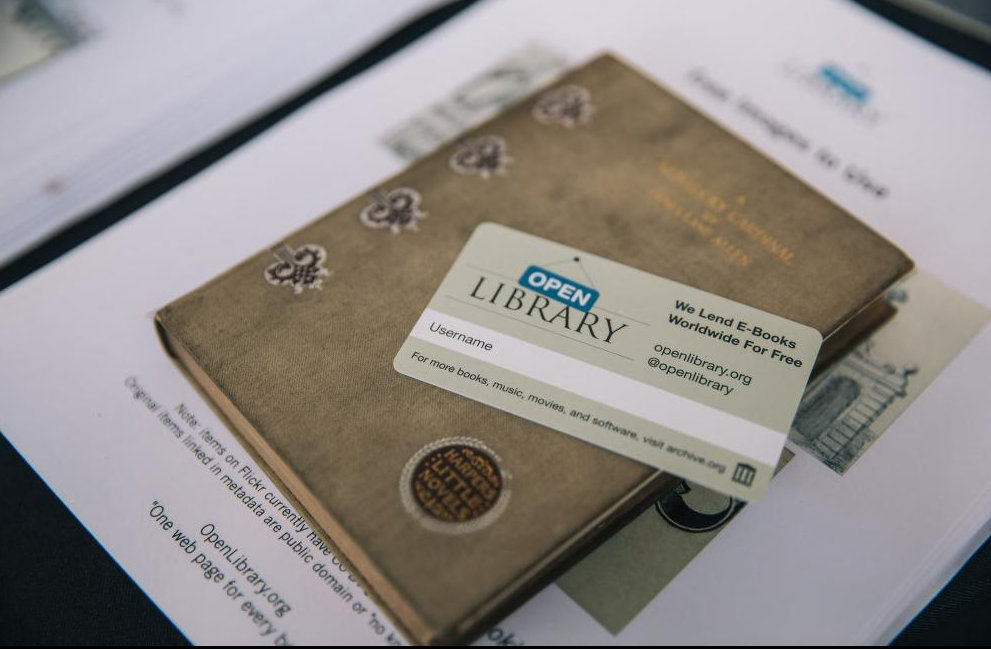
Yesterday, a group of commercial publishers filed suit against the Internet Archive, arguing that making electronic copies of books available through Open Library and the National Emergency Library constitutes copyright infringement. The lawsuit takes aim at the Controlled Digital Lending (“CDL”) model and the Internet Archive’s National Emergency Library.
This suit conflates two distinct approaches to lending works, each with different copyright implications. Regardless of how one feels about—and the legality of—the National Emergency Library (a temporary response to the urgent pandemic crisis), Authors Alliance fully supports Controlled Digital Lending and believes the attempt to challenge it in the courts is without merit.
Under the CDL digitize-and-lend model, libraries make digital copies of scanned books from their collections available to patrons (the hard copy is not available for lending while the digital copy is checked out, and vice versa). A library can only circulate the same number of copies that it owned before digitization. Like physical books, the scanned copies are loaned to one person at a time and are subject to limited check-out periods. The Internet Archive relies on CDL to make many of its scanned books available through the Open Library.
The National Emergency Library expands on the CDL model by eliminating waitlists for books through at least June 30, 2020. The Internet Archive launched the National Emergency Library in March after libraries across the country closed in response to the COVID-19 outbreak, leaving their physical collections inaccessible to patrons. Unlike books made available through CDL, books available through the National Emergency Library are not subject to the “owned-to-loaned” ratio.
Authors Alliance has long been a supporter of the CDL model, which helps authors share their creations with readers, promotes the ongoing progress of knowledge, and advances the public good—objectives that are consistent with the mission of Authors Alliance. Several of our members have spoken out in favor of the model. CDL is particularly beneficial for authors whose works are out of print or otherwise commercially unavailable: In the absence of digitizing and lending these books, many would simply be inaccessible to readers. The CDL model is a boon to the authors of these and other books, allowing them to find new audiences online.
Authors Alliance has not taken a position on the National Emergency Library, but we urge publishers and others to recognize that this is an extraordinary time of emergency and to be flexible about efforts to enable students, scholars, medical professionals, and the shelter-in-place public to read. We applaud the publishers who have made scholarly content freely available to assist with access for the many students, faculty, and researchers now working remotely due to the global pandemic.
Discover more from Authors Alliance
Subscribe to get the latest posts sent to your email.
